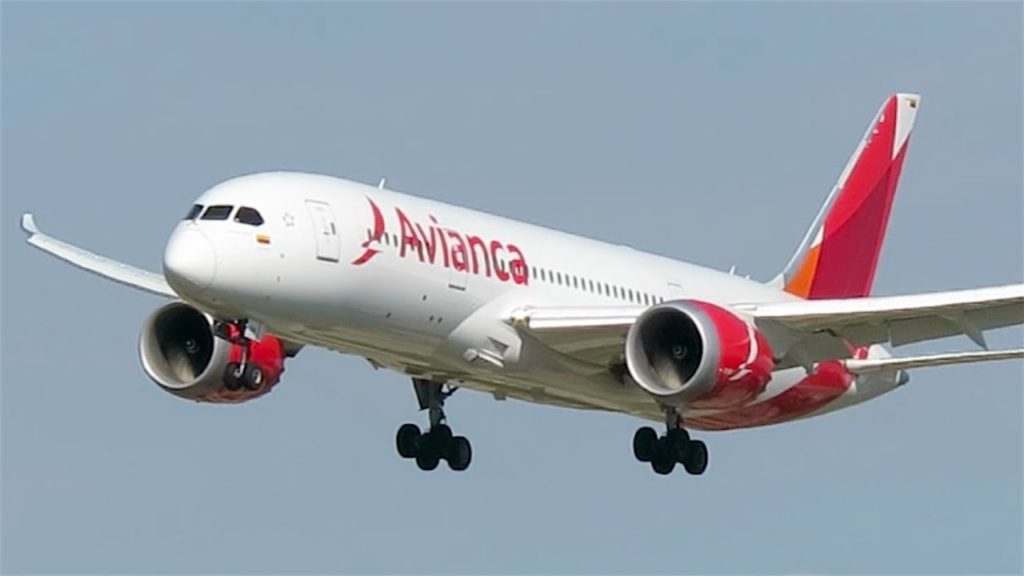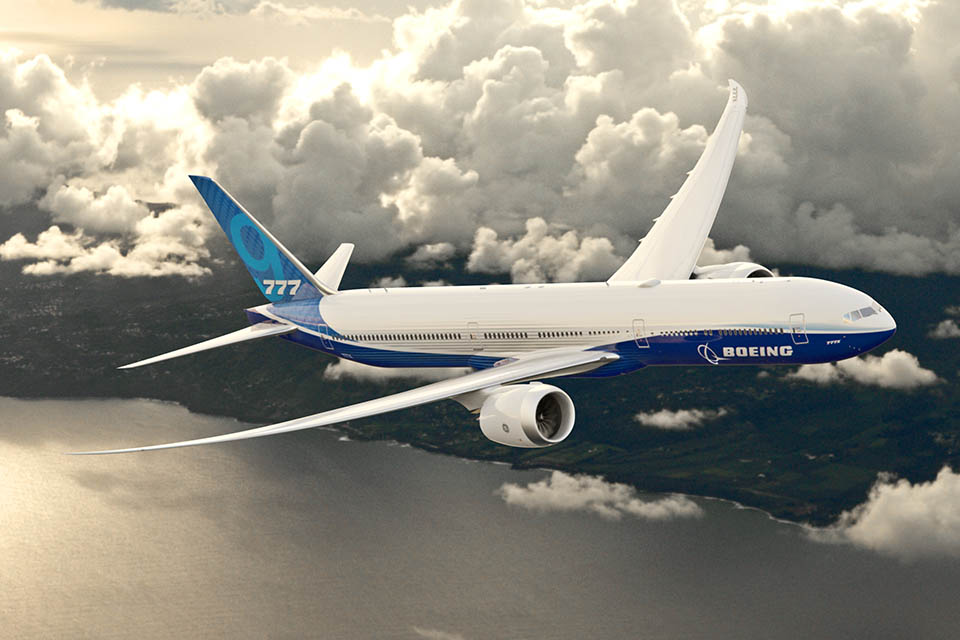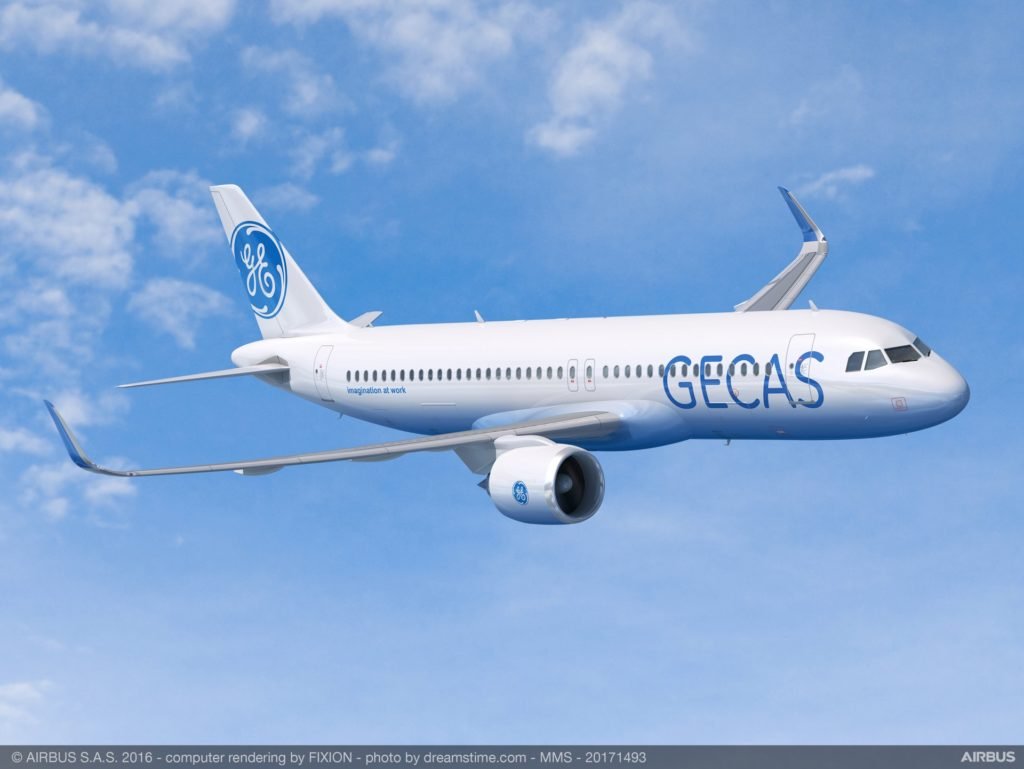Apollo and Athene to Acquire PK AirFinance From GECAS
NEW YORK, Aug. 29, 2019 (GLOBE NEWSWIRE) -- Apollo Global Management, LLC (together with its consolidated subsidiaries, “Apollo”) (APO); Athene Holding Ltd. (ATH); and GE Capital, the financial services arm of GE (GE), today announced…


